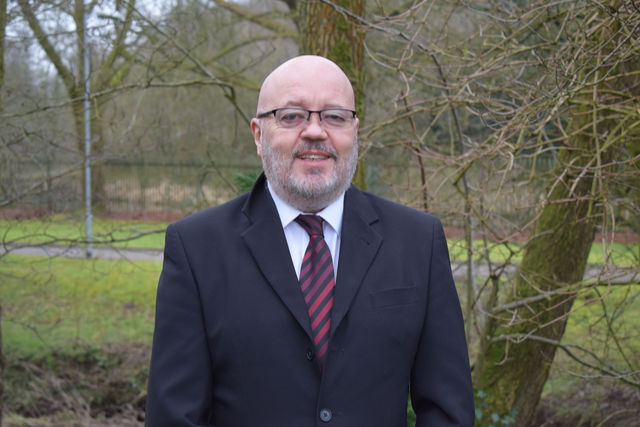Editor: So what has the biggest effect on reducing environmental impact?
Ian Baker: Consumption of energy and other services is an obvious place to start and quite easy to see where we can make savings. We closely monitor our use of energy and water and continue to see how we can reduce consumption.
We have a software system that controls our building management including the use of gas, water and electricity, and we have submeters in every building onsite. They take readings every 30 minutes from the main office block, the training school, fast powder plant and main production areas, and I can read them all from my desk.
So, if somebody, for example, left a tap running over the weekend, it would show up. But it’s real purpose is to monitor overall usage and patterns of use so we can make sure we’re not wasting resources and see where we might be able to make further reductions.
I try to normalise the data by graphing kW use per tonne of production, because if we manufacture more product, we’ll inevitably use more energy, but that doesn’t mean we’re being inefficient. Having said that, even though our production output is increasing, overall electricity use has been reducing and there’s been a clear reduction over the past 11 years.
Editor: And what energy saving measures have you put in place?
Ian Baker: Last year we fitted new boilers in the office, production and security blocks. The old boiler systems were 65% efficient while the new ones are in excess of 90%; they’re condensing boilers, which are state-of-the-art.
We have 1,000 solar panels on the main building and warehouse roofs; they’re rated at 250 kWp (i.e. maximum output). I can tell from our solar panel readings, from the building management software, how much sunlight we have – the software tells me how much energy they’re producing.
These panels provide 17% of electricity used onsite, on average, over the year. During the winter months will be relatively low, say around 3%, but as high as 33% in May, for instance.
Not only do we use less electricity from the national grid, when we’re not using the energy we generate, we sell it back to the supplier. As well as saving energy, the solar panels have a positive effect on reducing carbon production.
Capital expenditure has also now been agreed to replace 149 existing low-bay lighting lamps with LED equivalents fitted with occupancy sensors, saving a further 74 tonnes of carbon emissions a year. The main office block is already 100% LED illuminated.
Editor: What else apart from energy saving have you done?
Ian Baker: In terms of reducing waste, last year we sent 25 tonnes of waste materials for recycling, which would previously have been sent to landfill. We also recycle metal, WEEE, paper and batteries.
We also have a very effective food waste disposal system, in the form of two metre-high, green food digesting cones dug into the ground. These cones, which are rat-proofed, digest waste food from the canteen, producing a small quantity of water and oxygen as by-products.
With respect to our local environment, as anyone who has visited the site will know, it’s a haven for wildlife. You can often see grass snakes, bats and pheasants round the site, as well as the ever present families of ducks. We even once had a badger sett under the receptionist’s office!
When we built the fast powder plant, it was raised off the ground by more than 300 piles, so we didn’t affect the existing floodplain.
We also take noise pollution seriously and record noise readings everyday to ensure we aren’t disturbing our neighbours.
As you might expect, we have an overarching environmental management system in place to ensure we meet the requirements of international enviromental standard ISO 14001.
Editor: So what’s next?
Ian Baker: We’ll continue to look for ways to further reduce our environmental impact and reduce our use of natural resources.
For example, we are currently undertaking a trial with two wholesalers, whereby we offer contractors the opportunity to return empty yellow buckets and plastic bottles to the wholesalers, who forward them on to a recycling plant. There they are washed and pulverized into small pieces which can then be reused as raw material for the production of various items such as traffic cones, bollards and ‘sharps’ containers for hospitals.
If the trial proves successful and we have enough take up from contractors to make the initiative viable, we’ll look to role it out nationally.
Generally, we think that trying to reduce our environmental impact is the right thing to do, which is our main motivation for doing it. But with savings we can make on energy reduction, for example, it also delivers some financial savings, which is great. And it helps to create a pleasant place to come to work.
So if the investment cost isn’t too prohibitive, it makes sense from every angle – and it’s a much friendlier way of doing it than just shouting: “Oi! Turn those lights off.”


